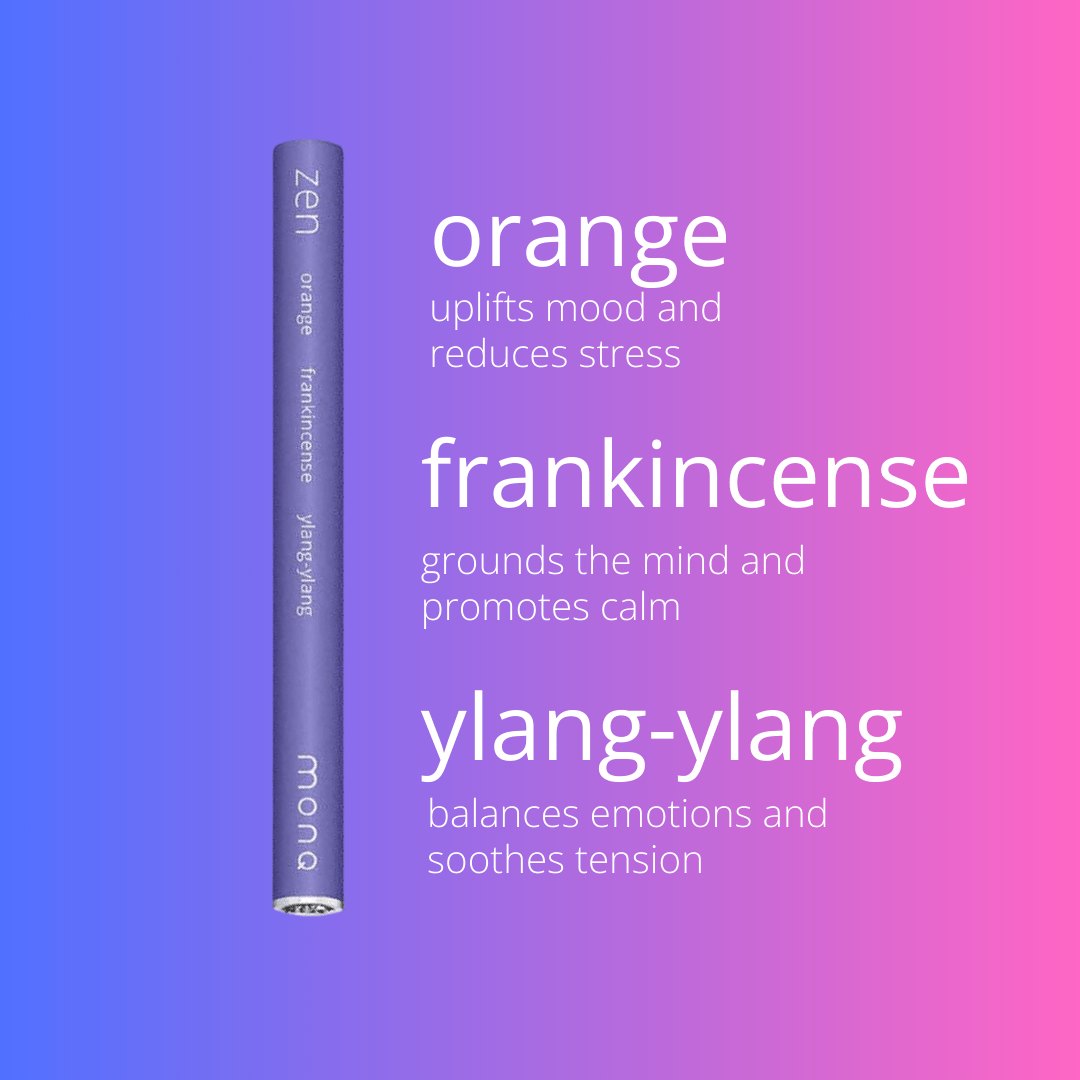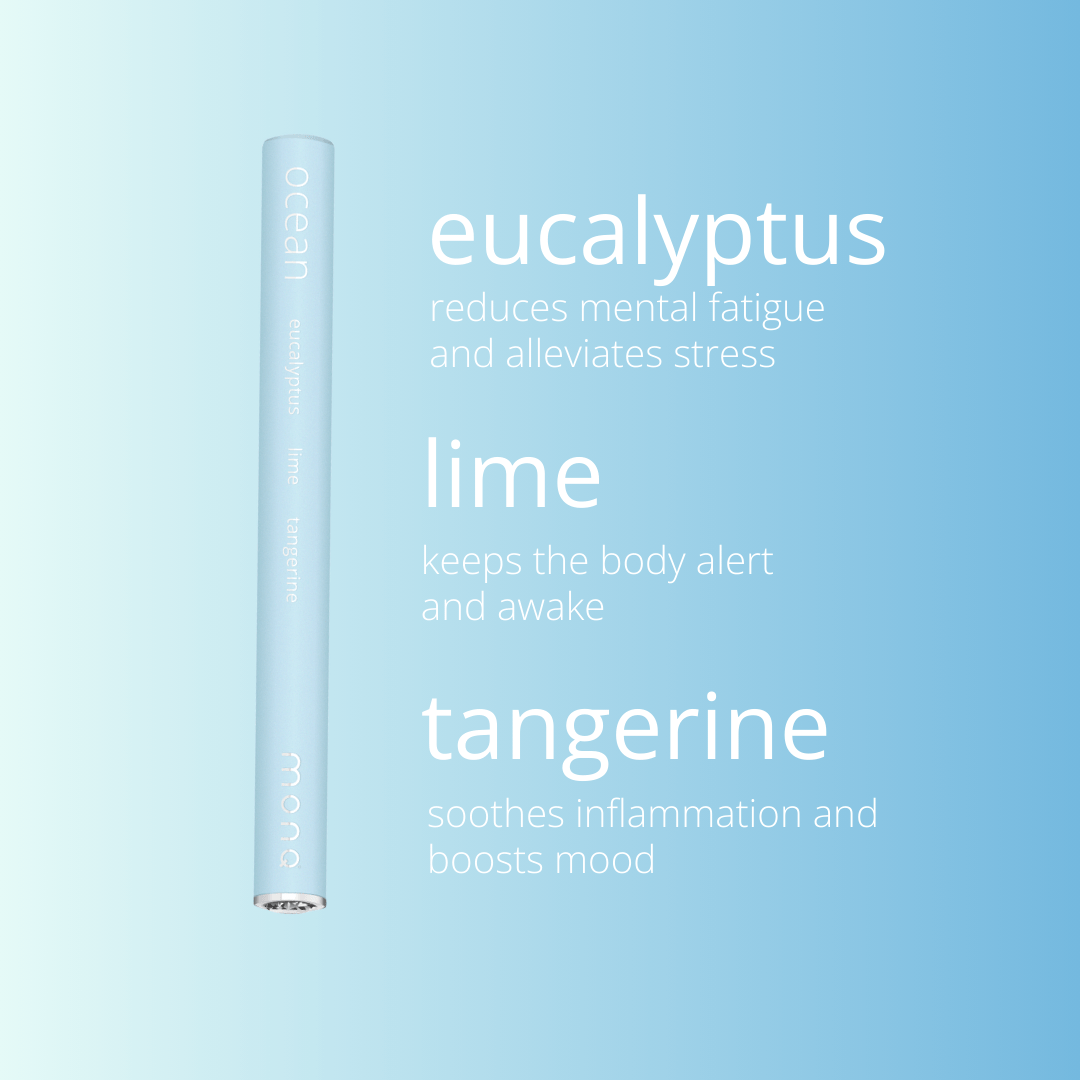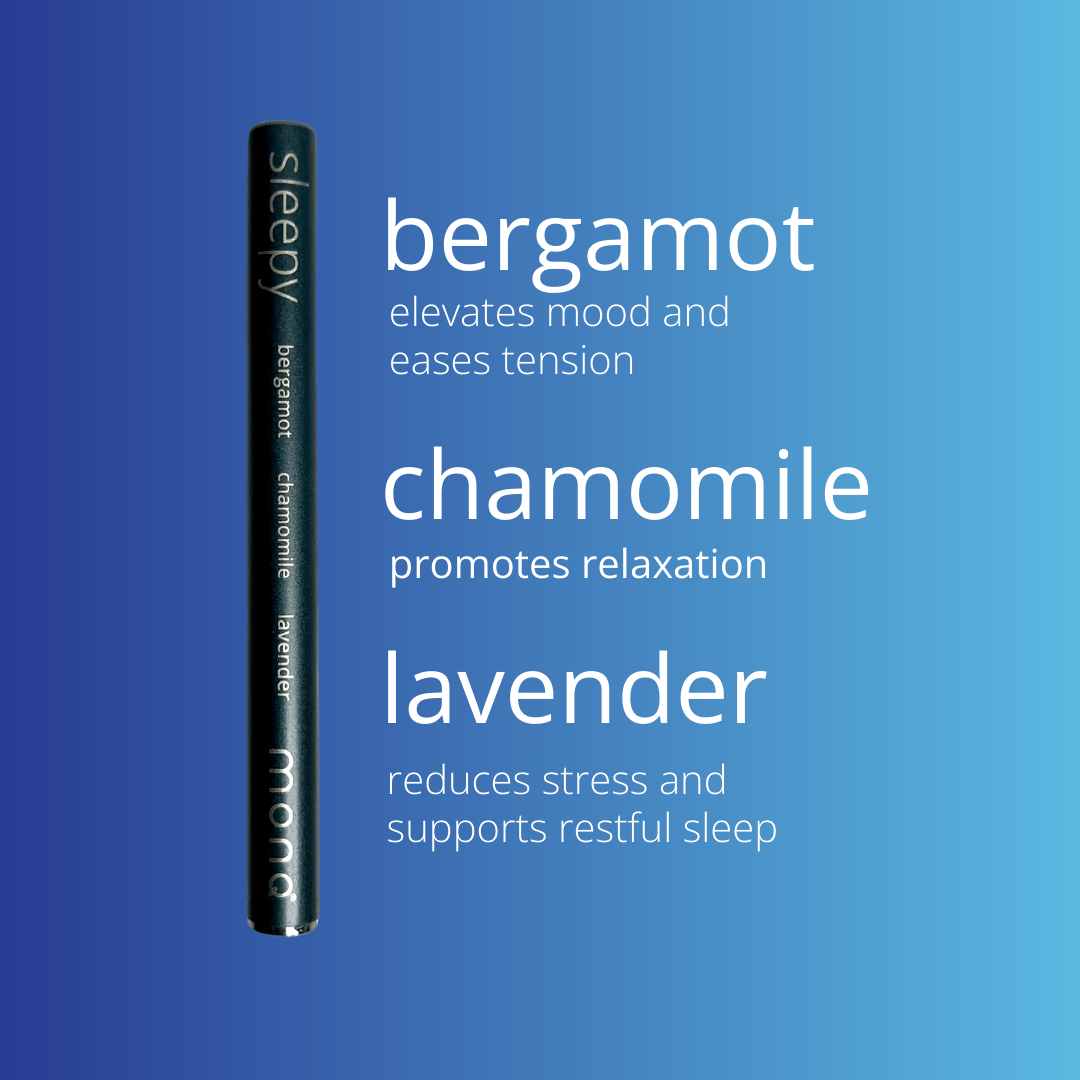Terpene Deficiency and Aromatherapy

Our ancestors led challenging yet pleasantly aromatic lives, relying on the land for survival and benefiting from the fresh, terpene-rich air. Over time, as humans adapted to these natural compounds, industrialization and pollution have reduced our exposure to these beneficial terpenes, potentially leading to what some refer to as "terpene deficiency."
The History of Aromatherapy
Though the exact origins of aromatherapy are unclear, the use of plant-based compounds for various purposes has been a common practice for centuries. Ancient Egyptians are believed to have used essential oils in the embalming process and for their antibacterial properties. Across different cultures, essential oils have been used in traditional Chinese medicine, Indian Ayurveda, and by the Greeks, including Hippocrates, the "father of medicine."
The distillation process of essential oils, created by the alchemist Avicenna, remains in use today. During the Dark Ages, Romans utilized essential oils for personal hygiene and holistic healing. The term "aromatherapy" was coined in 1937 by French chemist Rene-Maurice Gattefosse, who discovered the soothing effects of lavender oil on burns. Later, Marguerite Maury pioneered blending essential oils for synergistic effects.
The Modern Challenge: Terpene Deficiency
Urban living in polluted environments limits our exposure to natural aromatic compounds, known as secondary metabolites. One significant group of these compounds is terpenes, which include limonene, geraniol, eucalyptol, pinene, and citronellol. These terpenes can positively impact stress and mood, contributing to overall wellbeing. Lack of exposure to these compounds can result in what some call Terpene Deficiency.
Dr. Eric Fishman, founder and CEO of MONQ, describes Terpene Deficiency as a general state of unwellness due to insufficient terpene exposure. Symptoms may include skin irritation, congestion, respiratory discomfort, fatigue, stress, irritability, and low mood.
With industrialization reducing our terpene intake, especially in urban settings, this environmental shift can disrupt our body's balance, or homeostasis. A significant portion of the global population now lives in cities, which can exacerbate stress and reduce terpene exposure.
Restoring Balance Through Forest Bathing and Other Practices
One remedy for terpene deficiency is "Shinrin-yoku" or forest bathing, a Japanese practice that reconnects individuals with nature, offering numerous health benefits. Forest bathing involves immersing oneself in a forest environment, engaging all senses to reduce stress and promote relaxation.
Forest bathing has become popular worldwide as people recognize its benefits. Walking in a forest, deepening your breath, and fully engaging your senses can help counteract the effects of modern, urban living.
For those unable to access forests regularly, MONQ offers personal diffuser blends rich in terpenes, such as Ocean, allowing you to bring nature's benefits with you. Additionally, cultivating gardens with terpene-rich plants like evergreens and flowering trees can improve air quality and enhance your environment.
Common Terpenes and Their Uses
There are over 20,000 known terpenes, each with unique properties and benefits. Here are a few commonly used terpenes:
- Limonene: Found in citrus peels, limonene is known for its potential antibacterial, mood-enhancing, anti-inflammatory, and immune-boosting properties.
- Linalool: Present in over 200 plant species, including lavender, linalool is believed to improve sleep, reduce congestion, and alleviate inflammation.
- Geraniol: Derived from lemongrass and geraniums, geraniol is used in insect repellents and is thought to have analgesic, anti-inflammatory, and antibacterial properties.
- Eucalyptol: Found in eucalyptus, tea tree, and rosemary, eucalyptol is thought to have anti-inflammatory effects and benefits in aromatherapy.
- Pinene: Predominantly found in pine trees, pinene is believed to be an anti-inflammatory and antimicrobial terpene used in various everyday products.
- Citronellol: Known for its mosquito-repelling properties, citronellol is also used in perfumes, hair care products, and to promote overall health.
Conclusion
Terpenes have played a crucial role in human health for thousands of years. Modern living conditions have reduced our exposure to these beneficial compounds, potentially leading to Terpene Deficiency. By incorporating practices like forest bathing, using terpene-rich products, and cultivating gardens with aromatic plants, we can restore the balance and enjoy the numerous health benefits of terpenes.








Leave a comment